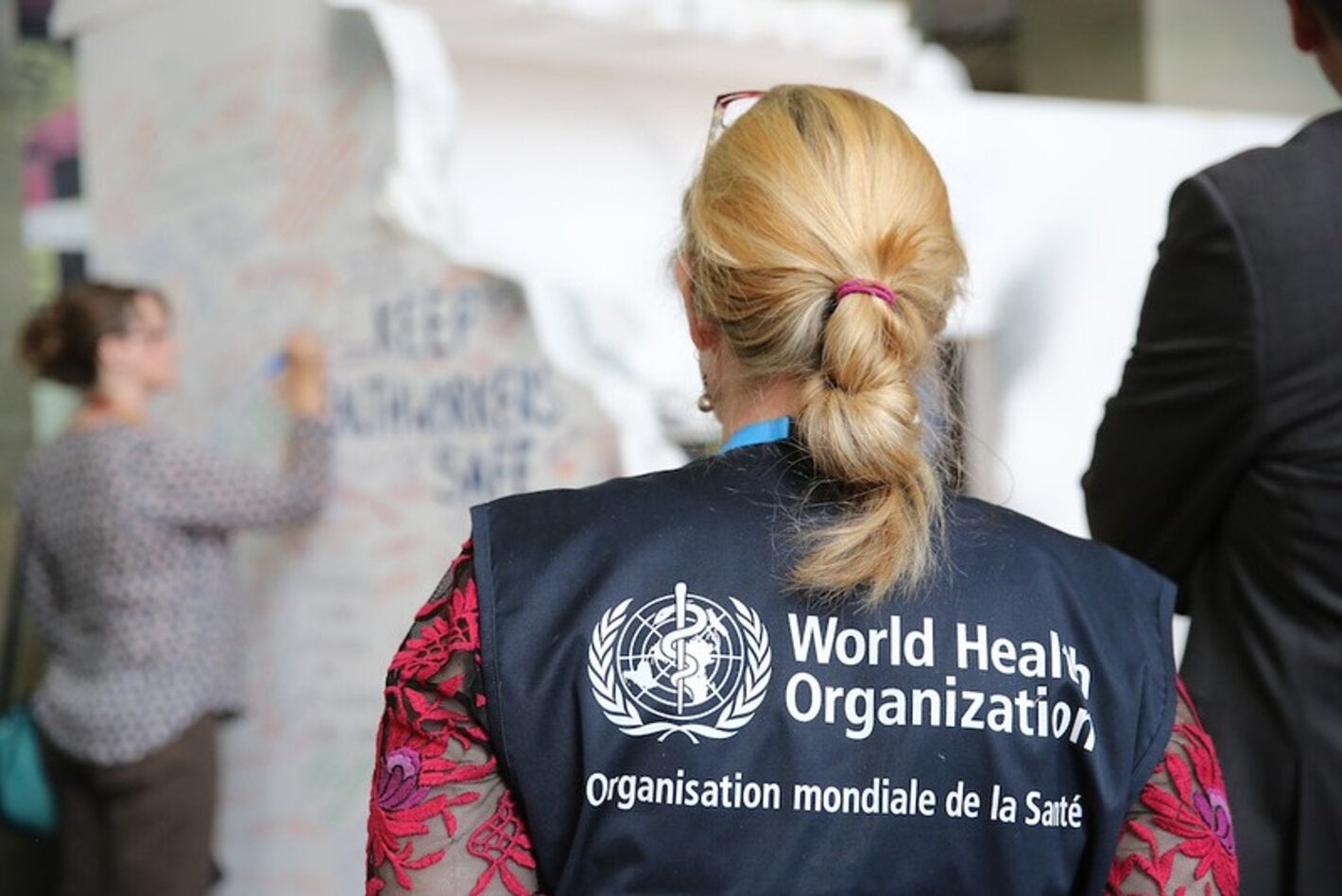
Washington, DC / Geneva, Switzerland, May 20, 2016 (PAHO / WHO) - Ministers and health officials from 194 countries will participate in the 69th World Health Assembly next week to discuss actions on issues such as emergency response of the World health Organization (WHO), promoting health through the life course, strategies to deal with communicable diseases such as viral hepatitis and HIV, environmental pollution and antimicrobial resistance, among others.
The World Health Assembly, which starts May 23, is the supreme decision-making body of WHO. It is attended by delegations from all WHO Member States. Its main functions are to determine the policies of the Organization, supervise financial policies, and review and approve the proposed program budget. The Health Assembly is held annually in Geneva, Switzerland.
The Region of the Americas participates with national health authorities from each country and a delegation of representatives of the Pan American Health Organization (PAHO), WHO Regional Office for the Americas, headed by its Director, Carissa F. Etienne.
PAHO / WHO will display information about the response to the outbreak of Zika virus in the Americas at its booth, along with other materials that illustrate regional work on various health issues.
In this Assembly, which is expected to involve thousands of delegates from around the world, health authorities will analyze WHO's response to emergencies, a plan of action on violence and health, and health of immigrants. They will also discuss Health in the 2030 Agenda for Sustainable Development.
The country delegates will also discuss the global shortage of medicines, and safe access of children to drugs. WHO reform, the relationship of the organization with non-state actors and the budget of WHO are other issues to be addressed during the Assembly.
The Director General of WHO, Margaret Chan, will open the plenary Assembly May 23. Christiana Figueres, Executive Secretary of the United Nations Framework Convention on Climate Change, will also address delegations that day.
During the Assembly, representatives of the countries will also receive technical reports on how to strengthen health security through the implementation of the International Health Regulations. They will also address the public health dimensions of the drug problem worldwide, in the context of the discussion of this issue at the UN General Assembly.
Meanwhile, delegations from the Americas are holding various meetings in parallel to the Assembly to discuss public health issues ranging from women and adolescent girls on the fast track to eliminate AIDS, to a round table on the response to dengue , accelerating the prevention and control of noncommunicable diseases for 2030, and strengthening quality of health services to achieve universal health coverage.



